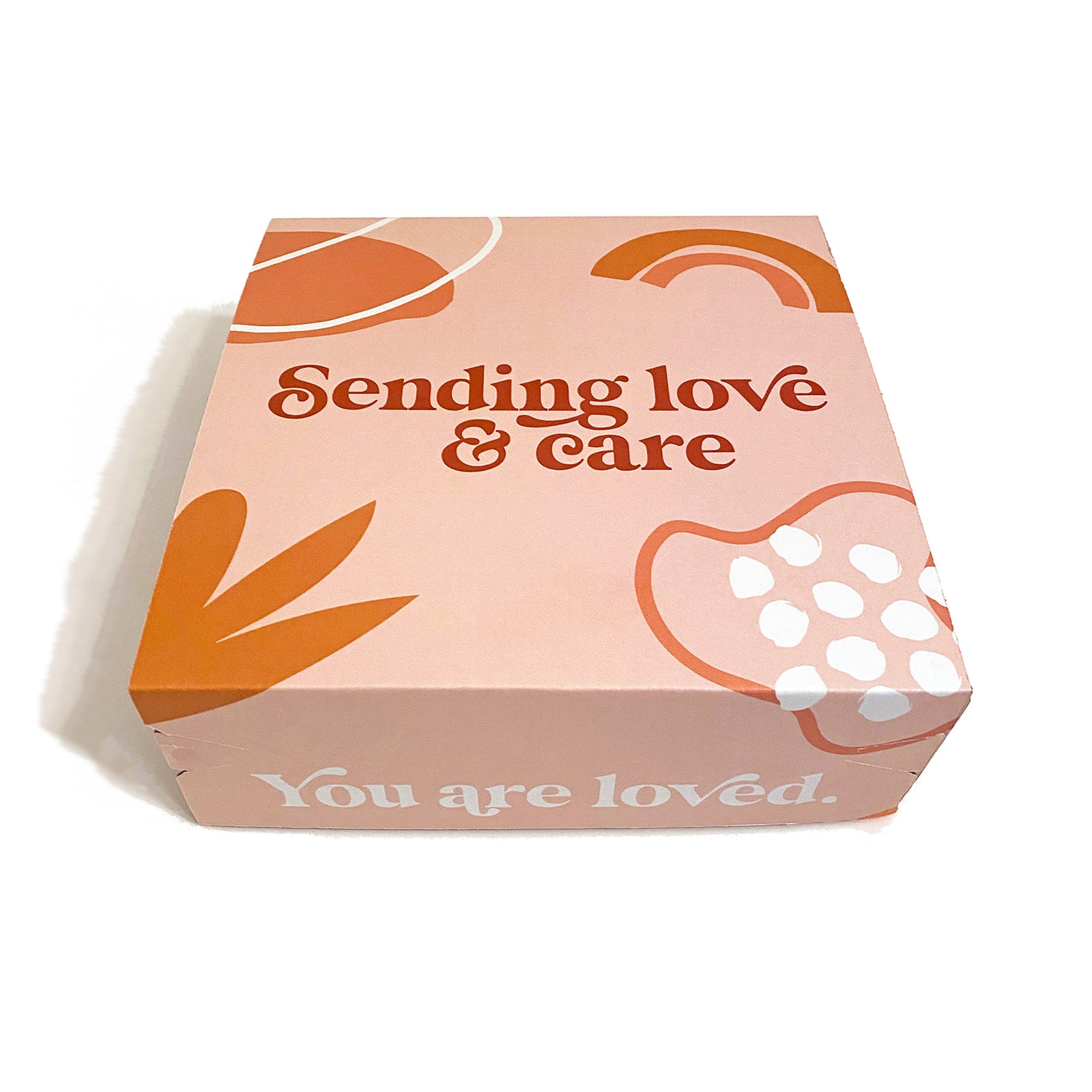Let’s face it—sometimes, people just say the wrong thing at the worst possible time. It can feel like a punch to the gut, especially when you’re already feeling raw and misunderstood. And if you’re in the midst of grieving a miscarriage, those words can cut even deeper. But even in those tough moments, there’s something powerful about offering a little grace.

Here’s why it might be worth giving it a try, even when it feels challenging:
1. Intent vs. Impact
You know those times when someone says something, and you just think, *What were they thinking?!* It happens more often than we’d like, right? Hello, been there myself too many times!! But here's the thing—most of the time, people don't mean to hurt us. They might mean well, but their words come out wrong. By focusing on their intention rather than just the impact, you can soften the blow a little. Giving grace can be like saying, *I know your heart was in the right place, even if your words missed the mark.*
But I get it—it’s not easy when you’re grieving. When you’ve experienced the loss of a pregnancy, your heart is already so tender, and words that might otherwise roll off your back can feel like salt in a wound. It’s okay to acknowledge that pain, even as you try to see where the other person was coming from.
2. Lack of Awareness
Not everyone has been through what you’ve been through. They might not know the right things to say, especially when it comes to sensitive topics like miscarriage or grief. It’s like they’re fumbling in the dark, trying to be there for you, but sometimes they stumble. And their well-meaning attempts—like saying, *You can try again* or *At least you weren’t that far along*—can feel dismissive and hurtful.
Giving them a little grace means recognizing that they just don’t have all the tools. They’re not trying to minimize your pain; they’re just not sure how to help. It’s a reminder to yourself that their clumsiness doesn’t change the validity of your feelings or the depth of your loss.
3. Grief is Unique
Grief isn’t a one-size-fits-all experience, and miscarriage is a deeply personal loss. What comforts one person might be totally off the mark for someone else. So when someone struggles to find the right words for your situation, it can help to remember that they’re just navigating their own way through your grief too. They might be trying to offer hope when you’re not ready to hear it, or searching for the silver lining when you just need space to feel the sadness.
Giving grace here is like saying, *Hey, I get it, this is tricky for both of us.* It’s okay if you don’t have all the answers, and it’s okay if they don’t either.
4. Do They Deserve Grace?
It’s a fair question. When someone says something hurtful, especially when you’re in such a tender place, it’s natural to wonder—*Do they really deserve grace?* The honest answer? Technically, no. None of us can earn grace by our own merit. But that’s the beauty of grace itself. It’s not about deserving; it’s about receiving what we could never earn on our own. And that’s where the heart of the gospel comes in.
Jesus came to save us—not because we had it all together, but because we’re all broken, hurting, and in need of grace. He gave it freely, not because we deserved it, but because He loves us. So when we extend grace to others, we’re reflecting a little bit of that same love and compassion. It doesn’t mean ignoring our own hurt or pretending everything is fine; it means choosing to let go of bitterness and remembering that we, too, are recipients of grace that we could never earn.
5. An Opportunity to Teach
Now, I know—it’s not your job to educate everyone around you, especially when you’re already hurting. But, if you have the energy, turning those awkward comments into teachable moments can be pretty empowering. You could gently let them know, *Hey, when you said that, it really hit me hard. Maybe next time you could try saying it like this instead?* It’s not about giving them a pass but about helping them understand how to support you better.
It’s about creating a space where they can understand that *It’s okay to just say, “I’m so sorry, and I’m here for you,”* instead of trying to find the perfect thing to say.
6. Keeping Connections Strong
Let’s be real—sometimes, the people who say the wrong thing are the ones we love most. And even though they might totally miss the mark, we still want them around. Giving grace in these situations can be a way to keep those relationships intact. It gives you a chance to say, *I’m hurt, but I still want you to be part of my life.* And who knows, that openness might just lead to a deeper connection.
This is especially true when the grief of a miscarriage feels isolating. You might want to push people away when their words hurt, but offering grace can be a way to bring them closer. It can create an opportunity for them to learn how to support you better—and for you to feel less alone in the process.
7. Grace for Yourself, Too
Here’s the kicker—giving grace can actually be for you, too. It’s about letting go of some of that weight you’re carrying and focusing on the good intentions rather than the clumsy words. It doesn’t mean ignoring your own feelings or letting someone off the hook, but rather choosing to focus on what brings you a little more peace. It’s a way of telling yourself, *I don’t have to hold onto this hurt.*
When you’re grieving, self-compassion is just as important as offering compassion to others. And giving grace can be a small way to show yourself that you’re choosing your own peace over carrying the burden of resentment.
Finding the Balance
Remember, giving grace doesn’t mean brushing off your feelings or accepting hurtful behavior. It’s about finding that middle ground between standing up for yourself and understanding that people don’t always get it right. And hey, if it all just feels like too much, it’s okay to reach out for extra support—from friends, family, or a professional who can help you navigate those emotions.
Grief is messy, and so is communication. But when you give a little grace, you might just find that it makes the mess a bit easier to clean up. And in the end, isn’t that what we’re all looking for—a little more understanding, a little more connection, and a little more room to heal? And perhaps, in those moments of grace, we get a glimpse of the love and compassion that Jesus extends to each of us, even when we fall short.





